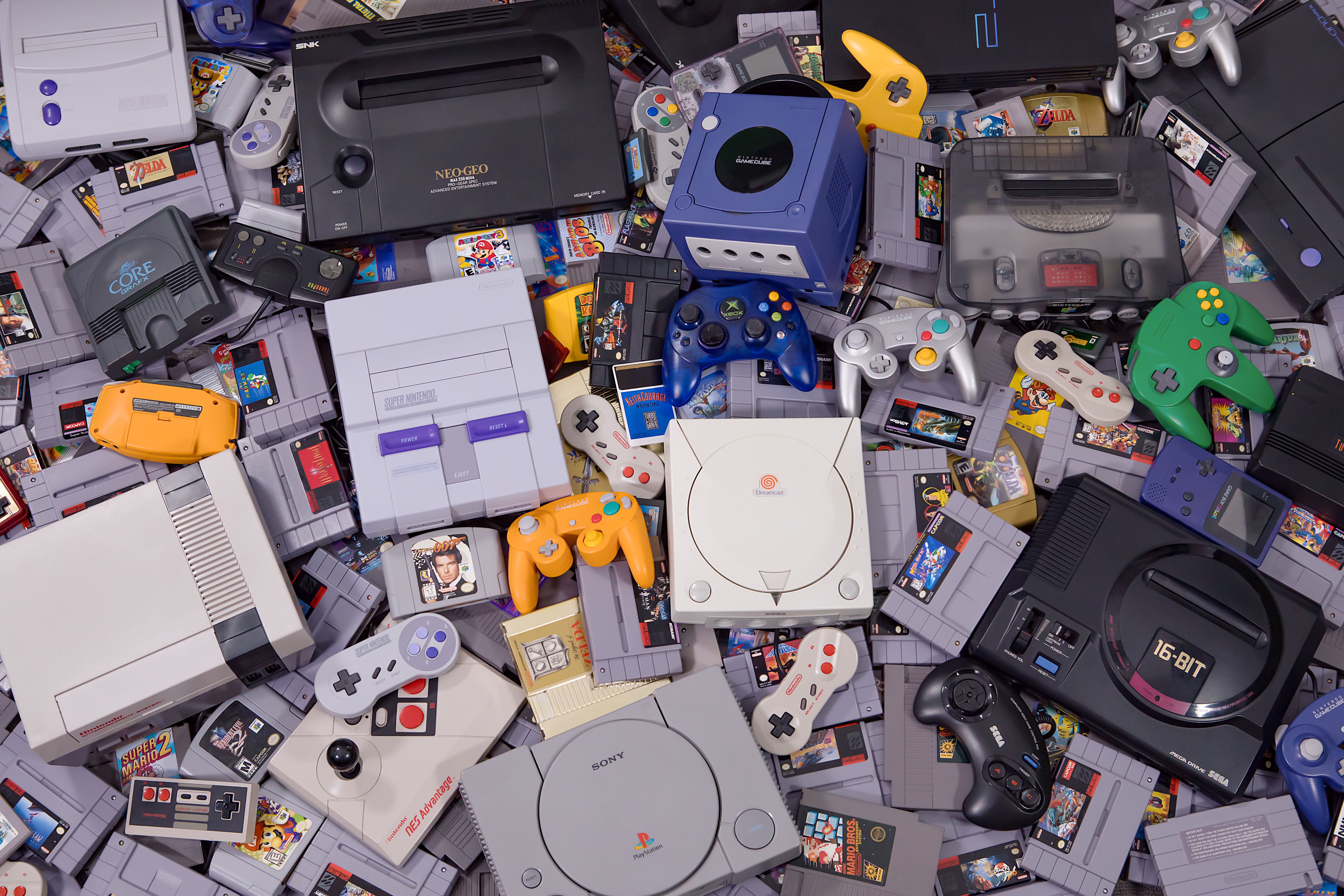Video game Prices
Video Game Prices
By: Isaac Chavez
Modern gaming has become more expensive than ever, and it's hitting players hard from every angle. New releases, which used to cost $60 for decades, are now regularly launching at $70—and in some cases, even pushing up to $80 for deluxe or early-access editions. But the price tag doesn’t stop there. Many games are loaded with micro transactions, from cosmetic skins and battle passes to loot boxes and in-game currency, all tempting players to spend more. Worse, some games have shifted toward a pay-to-win model, where dropping real money gives players clear advantages—stronger gear, faster progression, or exclusive content—making it harder for those who just want to play without spending extra. What was once a straightforward purchase has turned into an ongoing expense, turning gaming from a hobby into a high-cost commitment.
Microtransactions were the beginning of the end for fair and balanced gaming. At first, they were marketed as harmless little extras—just optional cosmetics or small time-savers. But over time, they’ve become baked into the core of most modern games. Now, it feels like almost every game is designed around getting players to spend more money after they’ve already paid full price. Whether it's in the form of in-game currency, loot boxes, or constant seasonal battle passes, you're rarely getting the full experience upfront.
What makes it worse is that many games hide real progress, customization, or power upgrades behind paywalls. Free-to-play games are the biggest offenders, but even full-priced titles do it now. You either grind for hours to unlock something—or just pay to skip the wait. And in competitive games, this creates an unfair playing field. Players who spend money can access stronger weapons, better characters, or faster upgrades, while everyone else falls behind. It’s no longer just about skill—it’s about who can afford to keep up.
This shift has taken the fun out of gaming for a lot of people. Instead of focusing on creative gameplay, meaningful progression, or rewarding challenges, developers are building games like storefronts. It’s no surprise that many players are feeling burnt out and priced out of a hobby they once loved.
It feels like almost every game these days is pay-to-win. Whether it’s better weapons, faster upgrades, or unlocking top-tier characters, the people who spend money always seem to have the edge. It’s frustrating when you’re trying to enjoy a game and compete fairly, but someone else can just drop cash and skip the grind completely. The whole system is designed to push you into spending—not because it’s fun, but because falling behind isn’t. I really miss when gaming was simple. You paid for a game once, and you got the whole thing—no extra fees, no overpriced skins, no battle passes, just pure fun. It used to be about skill and creativity, not your wallet. Now, it feels like the heart of gaming is being replaced by a never-ending cash grab. I just want that old-school magic back—when games were made to be played, not monetized.


Comments
Post a Comment